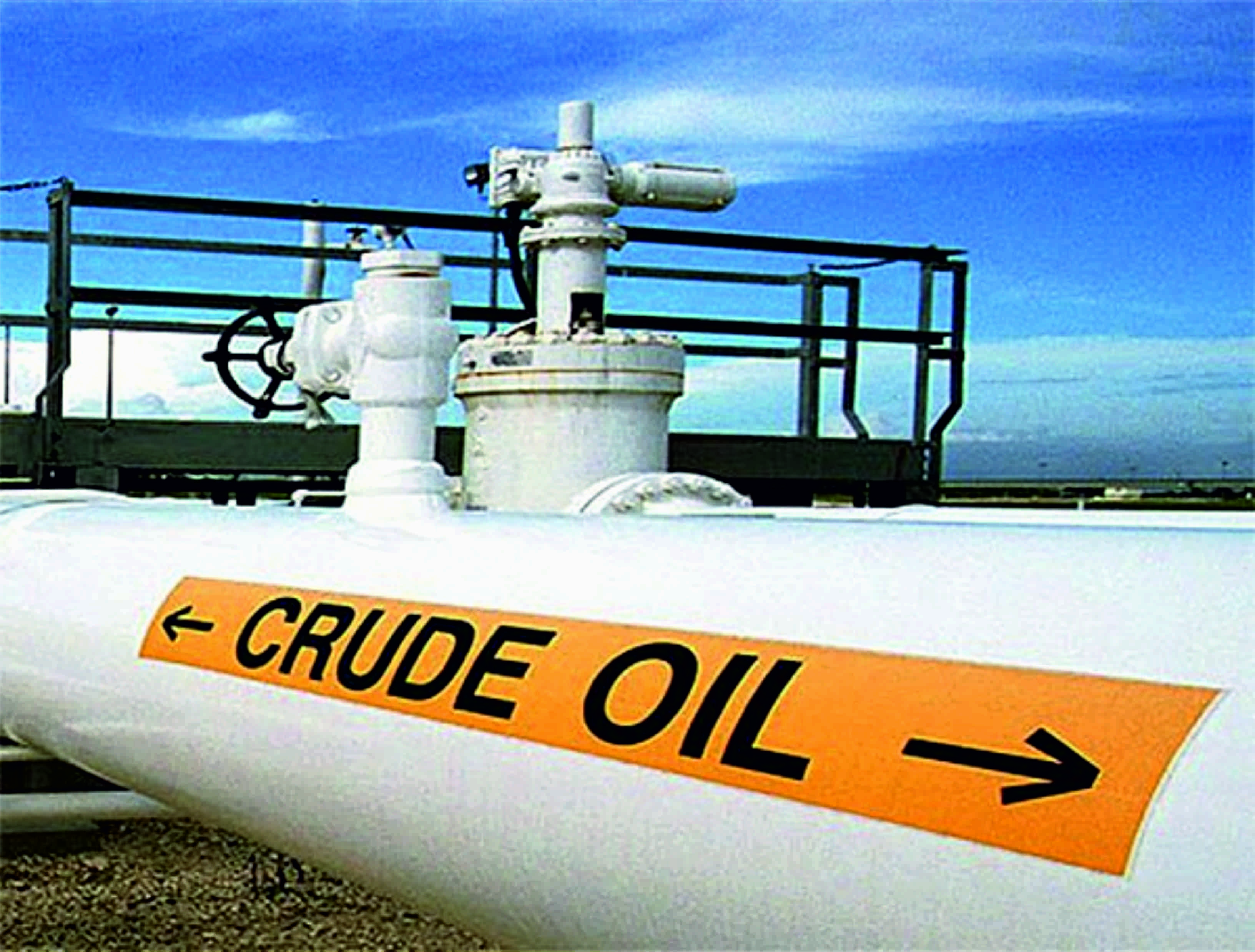About 15 to 20 cargoes of Nigerian crude oil from the April loading programme remain unsold despite the cut in selling prices.
Some of those cargoes are expected to be absorbed by oil majors’ own refining systems, according to Reuters.
The official selling prices of a basket of May-loading crude oil grades were reduced as buyers were reportedly largely reluctant to pick up cargoes offered at and above a premium of $2 compared to dated Brent.
Major grades, including Bonny Light and Qua Iboe, Forcados and Escravos, saw a decrease of around 20 to 25 cents compared with April.
The nation’s crude oil has had a difficult time clearing in recent weeks, as offer levels were too high to attract buying interest from European refineries.
Reuters reported on Tuesday that June-loading cargoes were being offered at relatively high prices: Qua Iboe at a $2.50 premium to dated Brent, Bonga at $3.75, Forcados at between $2.80 and $3.00, and Yoho at $2.40.
Royal Dutch Shell said on Monday it had declared force majeure on exports of Nigeria’s major Bonny Light stream after the closure of one of two export pipelines, while Amenam, operated by Total, is also under force majeure, trading sources said.
Traders said Bonny Light was still pumping, though not at 100 per cent capacity.
Asian demand for West African crude was said to be robust, but European buyers cited significant backwardation and squeezed margins in asserting that the offers were too high.
In a related development, oil supply by the Organisation of Petroleum Exporting Countries hit a four-year low in April, a Reuters survey found, due to further involuntary declines in sanctions-hit Iran and Venezuela and output restraint by top exporter Saudi Arabia.
The 14-member OPEC pumped 30.23 million barrels per day in April, the survey showed, down 90,000 bpd from March and the lowest OPEC total since 2015.
OPEC, Russia and other non-members, an alliance known as OPEC+, agreed in December to reduce supply by 1.2 million bpd from January 1. OPEC’s share of the cut is 800,000 bpd, to be delivered by 11 members – all except Iran, Libya and Venezuela.
In April, the 11 OPEC members bound by the agreement achieved 132 per cent of pledged cuts, the survey found, compared to 145 per cent in March, due to higher production in Nigeria and small increases in Saudi Arabia and Iraq.
OPEC’s biggest production gain occurred in Nigeria, where Total’s Egina field has helped boost output. Libya, the third producer exempted from making voluntary curbs, also boosted output.
Nigeria says the Egina field produces condensate, a type of light oil excluded from the OPEC cuts. The survey includes the field based on Total’s listing of it as a crude producer.









